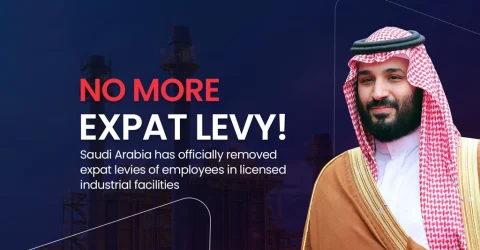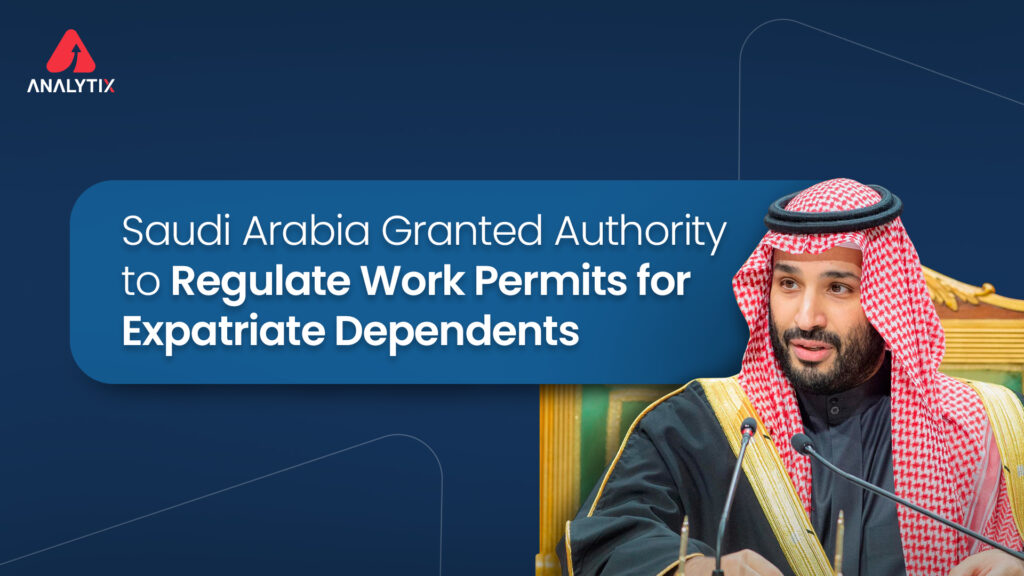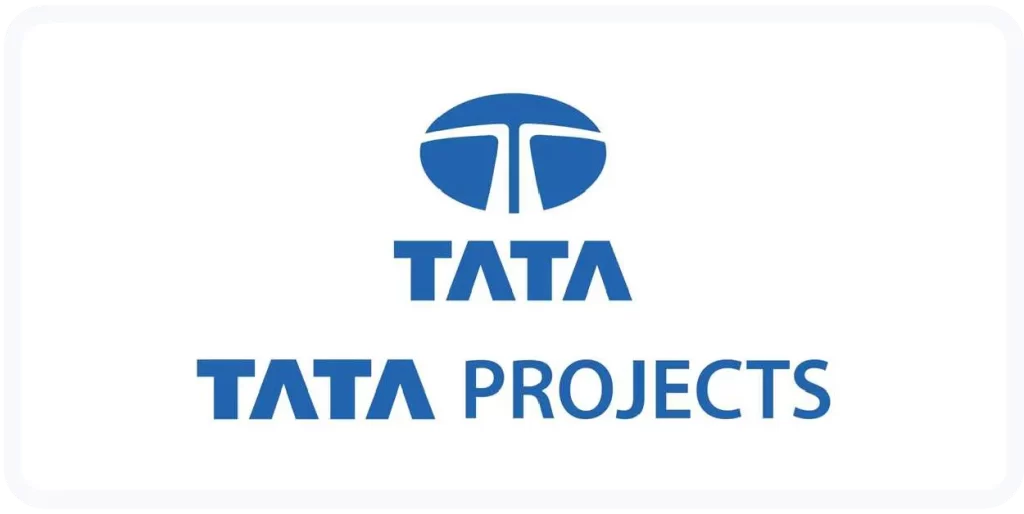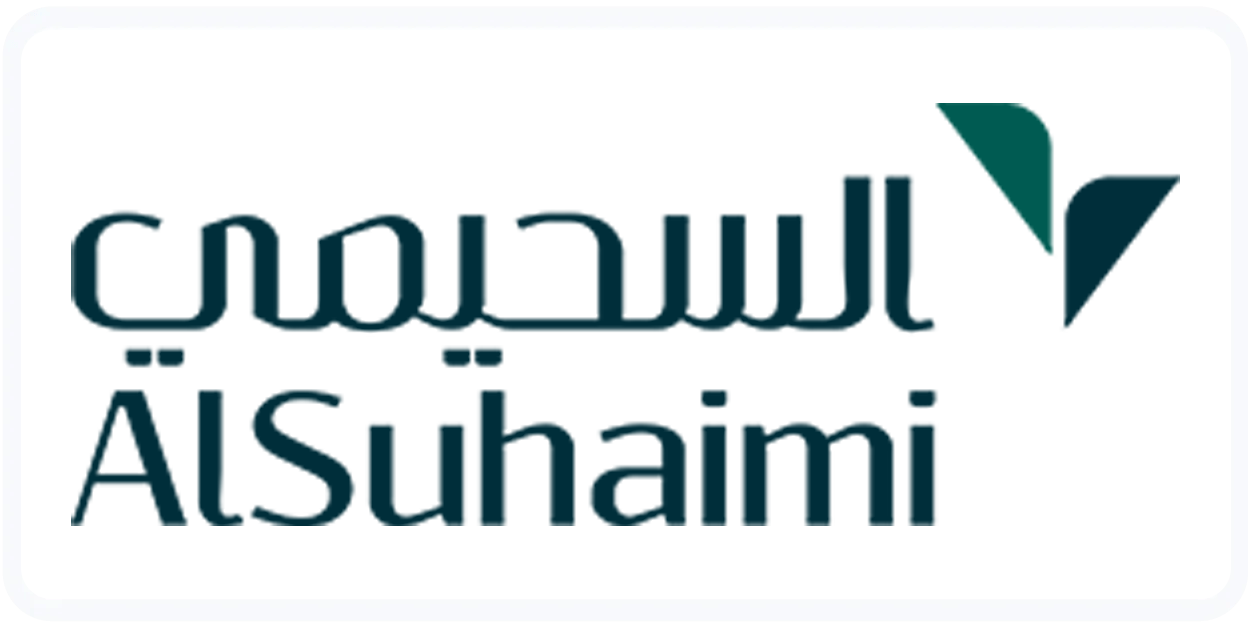Saudi Arabia has announced a major legal update, expanding job opportunities for the dependent visa holders in Saudi Arabia. With Cabinet Resolution No. 831 signed on September 10, 2025, the Ministry of Human Resources and Social Development (HRSD) now has complete authority to manage and approve work permits for dependents living in the kingdom. This means if you hold a dependent visa in Saudi Arabia, you are now allowed to work legally in the country in selected sectors. This change in policy creates new opportunities for expatriate families and aligns with the Kingdom’s economic transformation objectives.
Read on to find why Saudi Arabia made this change, who is eligible for a Saudi dependent visa work permit, which sectors are open to dependent workers, and how to successfully go through the application process.

Why Saudi Arabia Allows Dependent-Visa Holders to Work
Saudi Arabia wants to attract and keep talent, both high-skill and medium-skill, while improving the living conditions for the expatriates. The Kingdom wants to use talent that already resides there. Many talented and skilled professionals are dependents of primary visa holders but are unable to work here. This leads to a waste of skills that the economy requires.
Allowing dependents to work solves multiple issues. It increases labour market flexibility without the need to import new workers from abroad. Families get financial stability. Companies get access to skilled workers more quickly and at a lower cost.
This policy lines up with the 2025 skill-based work permits, connecting foreign hiring to the actual skills required in the Saudi labour market. Saudi Arabia categorises expatriate work permits into three skill levels: high-skill, skilled, and basic. The Saudi Arabia dependent visa work permit system is designed to fit this framework. This allows educated family members to contribute according to their qualifications.
The HRSD works together with the Ministry of Interior to balance economic demands with immigration management. This guarantees that the policy benefits both families and the Kingdom’s development objectives.

Eligibility for Saudi Dependent-Visa Work Permit
Not every dependent is eligible for a work permit. Your eligibility is based on three factors: family relationship, residency status, and qualifications. As per HRSD’s recent guidelines, applicants must fulfil the following:
Family Relationships that Qualify:
- Spouses of expatriate workers with valid work permits
- Children who fulfil age and dependency criteria
- Other dependents acknowledged by Saudi immigration law
Residency Requirements:
- A valid dependent visa Saudi Arabia with a valid sponsor
- A current iqama (residency permit) in good standing
- No violations of residency or labour laws
Skills and Qualifications:
- Educational credentials that match your intended job
- Professional qualifications that align with skill-based classifications
- Necessary licenses for regulated professions
The HRSD has the authority to modify these rules. Always verify the current requirements through official sources before applying.

Saudi Dependent Work Permit Permissible Jobs and Sectors
The HRSD minister decides which sectors are allowed to hire dependent workers. These sectors generally experience a lack of skilled workers:
Open Sectors:
- Healthcare requires doctors, nurses, pharmacists, technicians, and administrators. The Kingdom is still growing its medical facilities.
- Education needs teachers, tutors, administrators, and trainers. International schools and private organisations actively recruit here.
- Professional services such as consultants, accountants, lawyers, engineers, architects, and IT specialists. These roles fit the skill-based system effectively.
- Hospitality and tourism offer management, guest services, and coordination roles. This sector is expanding as Saudi Arabia is enhancing its tourism sector.
- Retail features specialised roles that need language skills or product expertise.
Restricted Areas:
- Government jobs, security roles, and roles reserved for Saudi nationals have restricted or no access. The HRSD regularly updates this list based on labour market conditions and Saudization targets.
- Higher-skilled roles have fewer restrictions. Basic-skill positions might have limited openings based on current policies

How to Apply for a Dependent-Visa Work Permit
Getting a work permit needs coordination between you, your employer, and government systems. It’s a step-by-step application process managed by the Ministry of Human Resources and Social Development:
Prepare your Documents
You must have a valid passport, a current iqama, dependent visa papers, attested education certificates, professional licenses, and sponsor approval. Your sponsor’s employment documents might also be needed.
Find an Eligible Employer
Your employer has to register with the HRSD and comply with Saudization requirements. They start the application by proving that the job fits within approved sectors and that your qualifications match the role.
Submit through Official Portals
Use Absher for services related to residency and work permits, and for employment matters, use Qiwa. Nafath authentication is necessary for secure access to these systems.
Your application is reviewed by the HRSD, and your residency status is verified by the Ministry of Interior. The processing time can vary.
Pay the Required Fees
The HRSD minister determines fees together with the Ministry of Finance. Know the dependent visa fee in Saudi Arabia so that you can budget correctly. The total fees are the same as those for regular expatriate workers in private companies. The dependent visa KSA fee differs based on skill level, duration, and sector. Employers usually cover these fees.
Receive your Authorisation
Approved applicants get work authorisation associated with their Iqama. The permit lists your employer, job title, and expiry date. You need to maintain valid residency and comply with employment terms.
If you want to change your job, you have to submit a new application. Your current and new employers must coordinate, and you must get approvals from the HRSD before you start your new job.
Conclusion
Saudi Arabia has introduced new rules for dependent work visas, creating more inclusive and flexible job opportunities for expatriate families. By outlining specific eligibility criteria and fees, and allowing dependents to work, the Kingdom promotes both family well-being and economic growth. Employers looking for business setup in Saudi Arabia will benefit as hiring becomes easier across various skill levels, including family members of current employees.
We hope you have gained knowledge after reading our blog. If we’ve missed anything, please feel free to let us know! Also, if you need any assistance with understanding the requirements for dependent visas in Saudi Arabia or following HRSD’s changing rules, we are here to help!
























